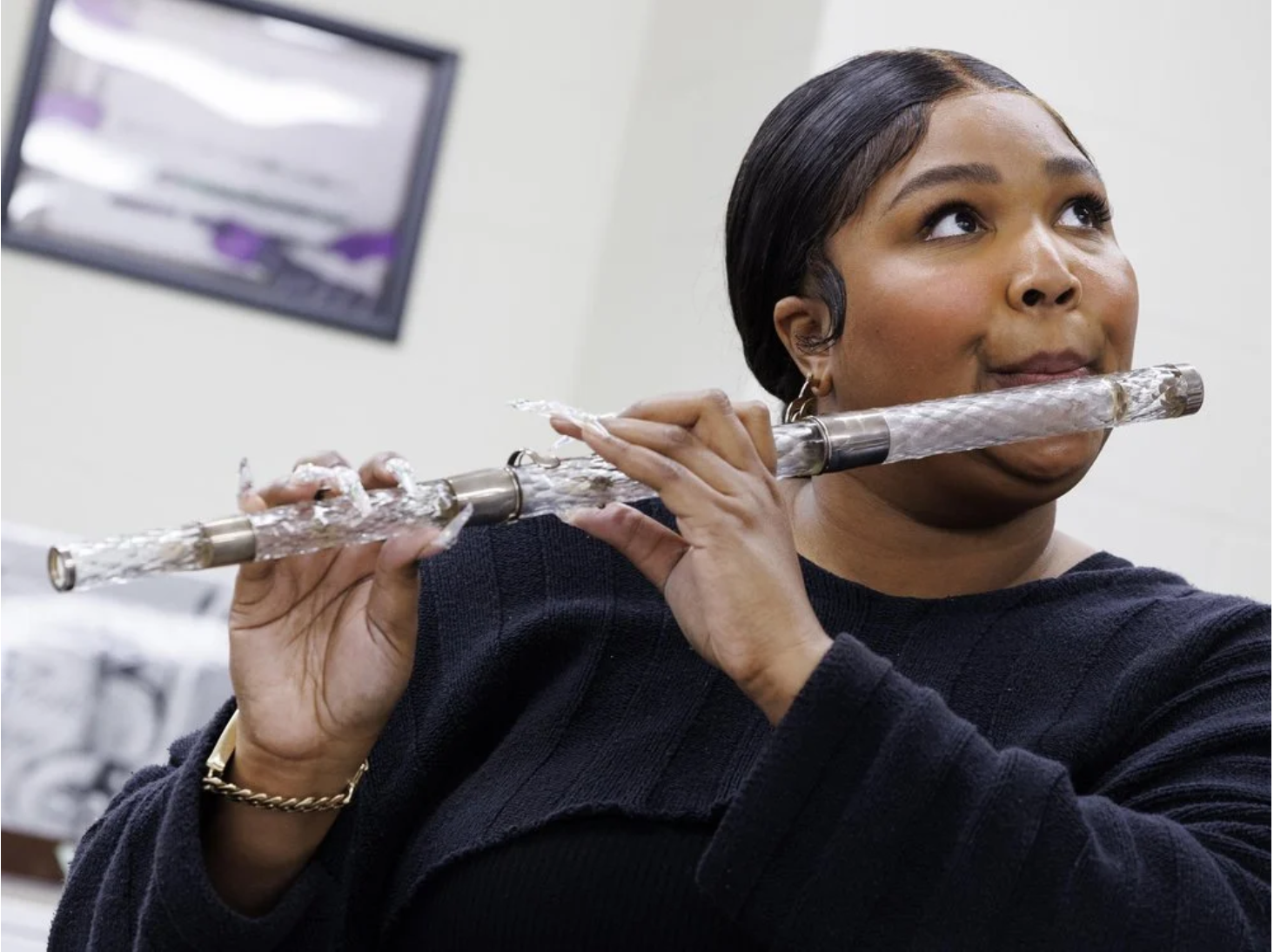Unquestionably yes! Whether the Benin objects or the Parthenon Marbles (we do not call them “Elgin” after their plunderer anymore). Almost weekly we see more information about the repatriation of objects.
Know When to Say When
This week, pop artist Lizzo received a lot of attention for playing a 200-year-old crystal flute once owned by James Madison. The Library of Congress offered Lizzo the chance to play the flute when she arrived in Washington, D.C. for her performance. Classically trained Lizzo toured the collection prior to performing and later played the flute on stage to make history as the “first person to ever play the flute”. A team from the Library of Congress escorted the flute to the venue and directly into the pro’s deft hands on stage. It was historic, and it was fun.
NFTs ≠ Art
As I mentioned, a quick reminder that “NFT” does NOT solely equal a piece of digital art. It is a technology that provides scarcity to a digital asset. Scarcity delivers value – whether gold or non-tangible goods. Therefore, it makes many other activities possible beyond digital art possible such as music and events/ticketing. Through their increased application for these purposes will seem into the greater water supply of society and in 10 years we will not understand anything else. I want to speculate on this as it relates to art and artifact collections.
“Normal” is not a Target
We manage collections of cultural patrimony (art included) in deep, inefficient ruts left by the ox carts of previous generations. At that time, it made certain sense, but all things must occasionally evolve away from gills and grow feet. Failure to evolve in general (but especially now), when the industry bleeds out funds to pandemic recovery, will only further pump the brakes on returning to “normalcy”. “Now” is “normal”.
If Sea Freight is the Answer, What is the Question?
The logic of the argument focuses on carbon emissions where air freight vastly out-pollutes sea freight. While I fully side with the GCC’s goals and intent, sea freight hardly qualifies as clean as it emits other noxious bi-products including CO2 by fueling the tens of thousands of ocean vessels with fossil fuels.
The Paradox of Preparation
This perfectly exemplifies the “preparation paradox” wherein through careful and thorough preparation one prevents a problem and, consequently, creates the sense that the intense preparation was actually an overreaction. This phenomenon readily reflects the risk mitigation efforts of professionals who steward the world’s cultural heritage.








